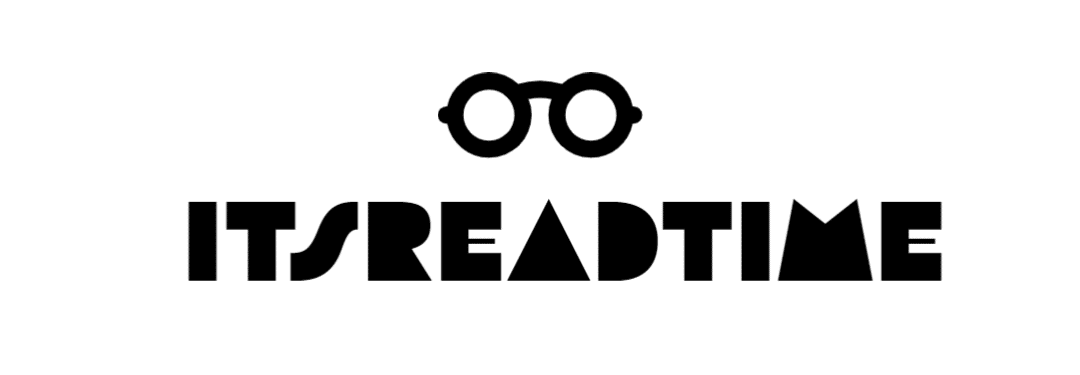There have been a lot of advancements in the field of Forensic Accounting over the years. Some of these advancements include introducing new tools, new technology, and more. It is essential that when working in this field, you have an understanding of these advancements.
History
Forensic accounting is a discipline within the accounting field that uses quantitative and qualitative methods to investigate financial crimes. The area has been in existence for over seventy years. It has been shaped by outside forces and adapted to changes in the business world.
Forensic accountants have become more critical as the business world has become more complex. Increasingly, forensic accountants are relying on technology. These professionals can use data from electronic sources such as expense reports, loan information, and credit card information.
In addition to detecting fraud, forensic accountants have also played an important role in significant cases. The most infamous topics in forensic accounting history include Al Capone, WorldCom, and Bernie Madoff.
The Enron Accounting scandal led to new laws and regulations in the United States and worldwide. In addition, the Sarbanes-Oxley Act of 2002 created a framework for corporate financial practices requiring publicly traded companies to report their earnings.
Purpose
Forensic Accounting is a specialized field of finance used to determine fraud, theft, or other financial crimes. It is vital for a company’s internal control and resolving court disputes. As a result, companies need experts in this field.
Forensic accountant uses quantitative and qualitative methods to uncover any illegal activities. They analyze financial transactions, documents, and evidence. These professionals can help resolve various issues, including business valuation, insurance rackets, and identity theft.
Forensic accounting can be both expensive and time-consuming. The size of the organization, the number of documents, and the severity of the case determine the length of time it takes to conclude.
Aside from detecting fraudulent activities, forensic accounting can also help repair the image of an organization. It is a great way to prevent financial losses and restore confidence in the public.
Techniques
In today’s fast-paced world, forensic accounting has become an essential tool. These experts help to uncover fraud and prevent future criminal activities. They provide litigation support and expert advice.
Forensic accounting is the application of auditing, investigative, and computer forensic techniques to examine and report on a business’s financial statements. It includes fraudulent activities such as money laundering, breach of contract, and insurance claims. It is used in a variety of different litigation situations.
Over the centuries, forensic accounting has shaped the accounting industry in several ways. The Enron scandal came to light in 2001, leading to new laws and regulations worldwide.
Using the forensic process, investigators discovered that Enron was deceiving the public with misleading financial information. It led to the bankruptcy of the company. After the scandal was exposed, new legislation was passed to strengthen the transparency of publicly traded companies.
Artificial intelligence
Artificial intelligence in forensic accounting has the potential to make a big difference in the profession. It helps forensic accountants quickly analyze data, reducing the time it takes to uncover non-compliance issues. The technology also provides deeper insights, allowing companies to pinpoint the source of problems.
AI has also helped detect fraudulent activities. AI can track employee expenses, flag irregularities, and alert auditors if the costs are suspicious.
However, while these new tools help improve the efficiency of investigations, they are not a replacement for a forensic accountant. Some of these tools may be developed by tech talent unfamiliar with forensic accounting.
Forensic accountants still need to perform subjective evaluations and interpret results. They also need to ensure that corporate policies are being followed. These are all crucial factors in preventing fraud.
Fraud prevention
The accounting field is diverse, and forensic accounting is an emerging sub-sector shaped by external and internal forces. Despite its early days, forensic accounting has gained prominence as a tool to prevent fraud in the business world.
As the business world has become more complex, the threat of fraud has increased. It is especially true as organizations have begun recognizing the need for proactive fraud prevention controls.
Forensic accounting collects, analyzes, and interprets data and information to identify and determine legal damages. To perform this role, forensic accountants must have a working knowledge of the various aspects of financial and information systems. They also have to understand multiple cultural backgrounds and understand nonverbal cues.



